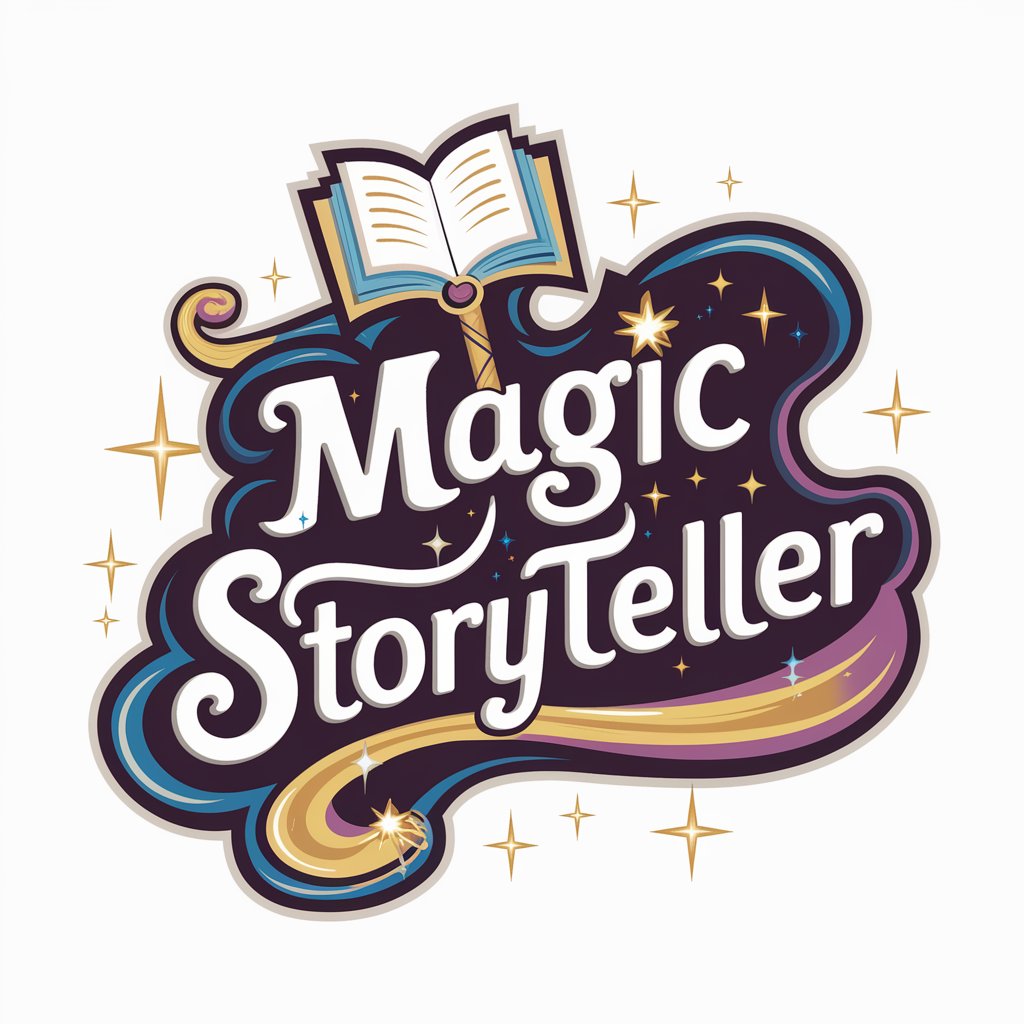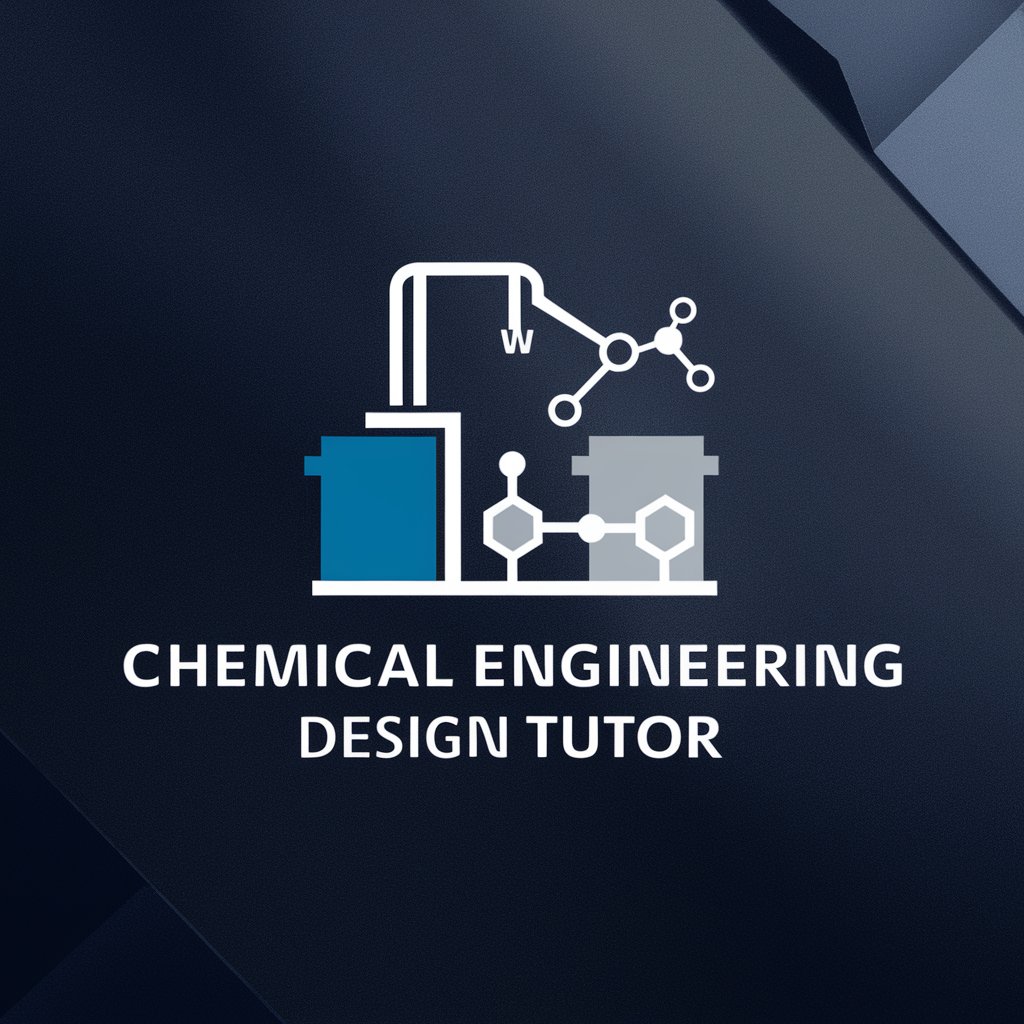
Polymer Science and Engineering Tutor - AI-powered Polymer Science and Engineering Tutor.

Hello! How can I assist you with polymer science today?
Unlock the power of AI in polymer education.
Can you explain the viscoelastic properties of polymers in simple terms?
What are the key differences between thermoplastics and thermosets?
How does the glass transition temperature affect polymer behavior?
What factors influence the mechanical properties of vulcanized rubber?
Get Embed Code
Introduction to Polymer Science and Engineering Tutor
Polymer Science and Engineering Tutor is an advanced AI system designed to serve as an expert tutor in the field of Polymer Science and Engineering. Its primary purpose is to assist students at both upper division and graduate levels in understanding the intricate concepts and principles of polymer science and engineering. The tutor is equipped with a vast knowledge base encompassing topics such as mechanical behavior of polymers in various states (glassy, rubbery, and fluid), glass transition phenomena, characteristics of amorphous and crystalline materials, viscoelastic properties, failure mechanics, and fatigue and fracture mechanics for polymers. It is programmed to provide detailed and explanatory responses, catering to the educational needs of students by offering comprehensive explanations, examples, and scenarios. Powered by ChatGPT-4o。

Main Functions of Polymer Science and Engineering Tutor
Answering Questions
Example
When a student seeks clarification on the concept of glass transition temperature and its significance in polymer materials, the tutor provides a detailed explanation along with examples of polymers exhibiting glass transition behavior.
Scenario
A student is studying the behavior of polymers at different temperatures and needs assistance in understanding the concept of glass transition.
Explaining Mechanical Behavior
Example
In response to a query about the mechanical behavior of thermoplastics under tensile loading, the tutor explains the stress-strain curve and discusses the differences between elastic and plastic deformation.
Scenario
A student is conducting a research project on the mechanical properties of thermoplastics and requires clarification on their deformation behavior.
Analyzing Failure Mechanisms
Example
When a user is investigating the failure of a polymer component in a real-world application, the tutor analyzes the fracture surface and discusses the possible failure mechanisms, such as fatigue or overload.
Scenario
An engineer working in the aerospace industry encounters a failure in a polymer composite part and seeks assistance in understanding the root cause of the failure.
Providing Real-World Examples
Example
In response to a question about the application of vulcanized rubber in automotive tires, the tutor describes the vulcanization process and explains how it enhances the mechanical properties and durability of rubber.
Scenario
A student is researching the use of vulcanized rubber in different industries and wants to understand its practical significance.
Ideal Users of Polymer Science and Engineering Tutor
Polymer Science and Engineering Students
Students pursuing degrees in polymer science, materials science, or chemical engineering are ideal users of Polymer Science and Engineering Tutor. They benefit from the tutor's comprehensive explanations, which aid in understanding complex concepts and principles in the field. Additionally, the tutor's ability to provide real-world examples enhances the students' practical knowledge and prepares them for careers in research, industry, or academia.
Researchers and Engineers
Researchers and engineers involved in polymer materials development, product design, and manufacturing processes can leverage Polymer Science and Engineering Tutor to gain insights into advanced topics and problem-solving techniques. The tutor's expertise in analyzing failure mechanisms and providing practical solutions assists professionals in optimizing material performance, addressing manufacturing challenges, and developing innovative polymer-based products.
Educators and Instructors
Educators and instructors teaching courses in polymer science and engineering at universities or technical institutions can utilize Polymer Science and Engineering Tutor as a supplementary teaching tool. The tutor's ability to offer detailed explanations, examples, and scenarios enhances the learning experience for students, reinforces classroom concepts, and supports instructors in delivering comprehensive lectures and assignments.

How to Use Polymer Science and Engineering Tutor
Visit yeschat.ai for a free trial without login, also no need for ChatGPT Plus.
Users can access Polymer Science and Engineering Tutor without the need for a subscription or login.
Navigate to the Polymer Science and Engineering Tutor section.
Once on the yeschat.ai website, users can find the Polymer Science and Engineering Tutor section either through the search bar or by browsing the available categories.
Select a specific topic or question.
Users can choose from various topics related to polymer science and engineering or input specific questions they want to learn more about.
Review the detailed response.
After submitting a question or selecting a topic, users will receive a comprehensive answer from Polymer Science and Engineering Tutor, along with explanations, examples, and relevant resources.
Engage in interactive discussions.
Users can further engage with Polymer Science and Engineering Tutor by asking follow-up questions, seeking clarifications, or exploring related concepts.
Try other advanced and practical GPTs
Creative Turkish Editor
Elevate your Turkish writing with AI

Guru em Licitação (14.133/2021)
Empowering Procurement Decisions with AI Insights

Wriko
Unleash AI Power for Instant Insights

txyz.ai
Unlock Insights with AI-powered Research Analysis

Clear Speak
Perfecting Text with AI Precision

Unity3D-GPT
Your AI-powered Unity development assistant.

Typo
Perfect Your Text with AI Precision

GPT World Crafter
Craft Worlds with AI Precision

Magic Storyteller
Unleash creativity with AI storytelling!

Flutter App Developer
Elevate your Flutter app development with AI assistance.

IB Helper
Empowering IB students with AI-driven support.

AI Tech Video Wizard
Unleash the power of AI for captivating YouTube content!

Q&A about Polymer Science and Engineering Tutor
What topics does Polymer Science and Engineering Tutor cover?
Polymer Science and Engineering Tutor covers a wide range of topics including mechanical behavior of polymers, glass transition, viscoelastic properties, failure mechanics, and more.
Can Polymer Science and Engineering Tutor provide practical examples?
Yes, Polymer Science and Engineering Tutor can provide practical examples to illustrate concepts and enhance understanding.
Is Polymer Science and Engineering Tutor suitable for graduate-level students?
Absolutely, Polymer Science and Engineering Tutor is designed to assist both upper-division and graduate-level students in understanding complex concepts and solving advanced problems in polymer science and engineering.
How does Polymer Science and Engineering Tutor handle uncertainties in queries?
Polymer Science and Engineering Tutor clarifies uncertainties by providing additional explanations, offering further resources for exploration, and engaging in interactive discussions with users.
Can Polymer Science and Engineering Tutor assist with research projects?
Yes, Polymer Science and Engineering Tutor can provide valuable insights, references, and guidance for research projects in polymer science and engineering.





